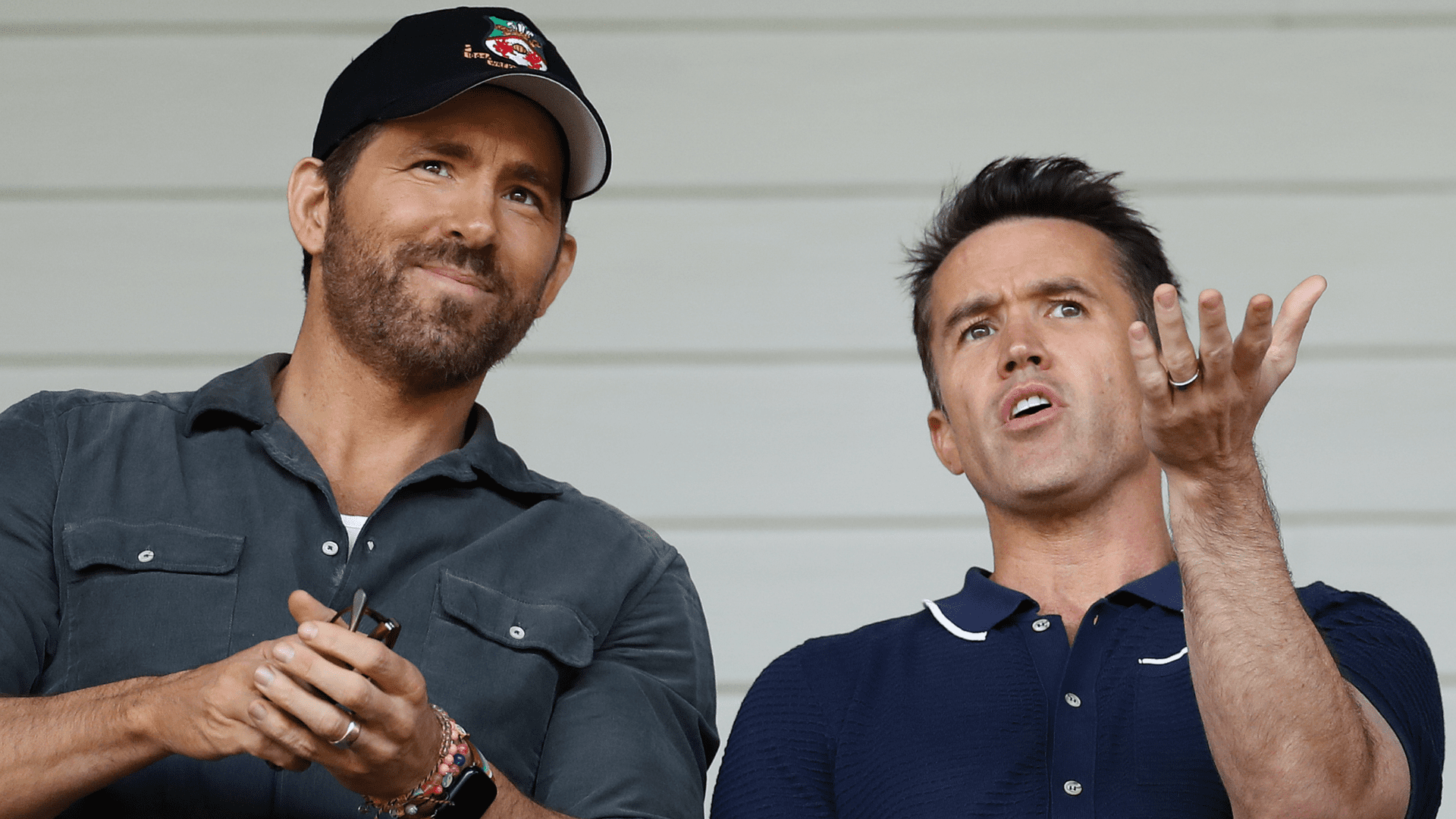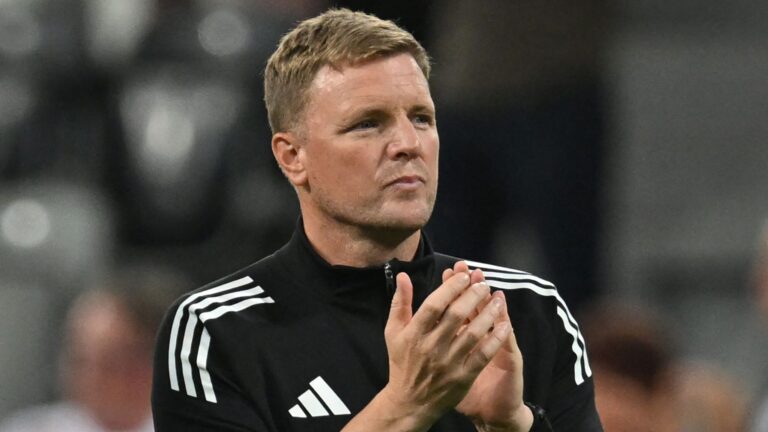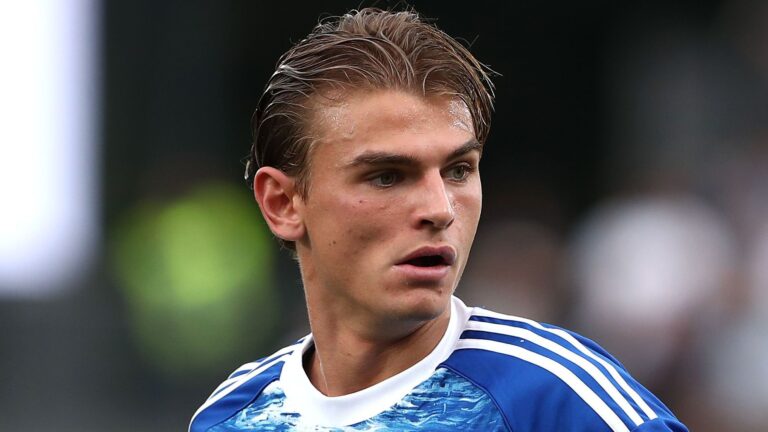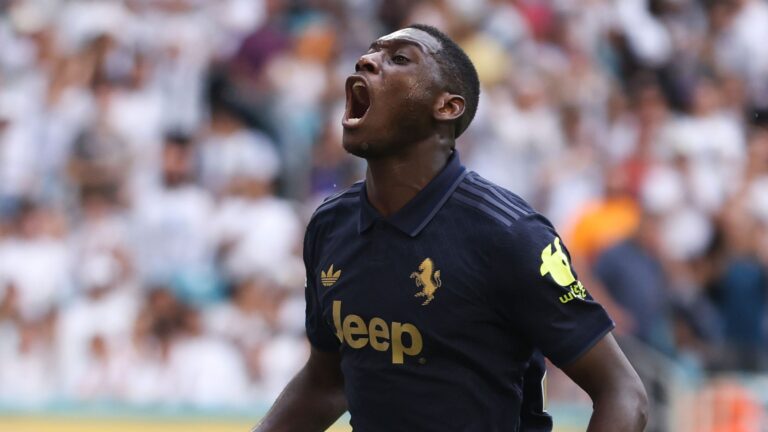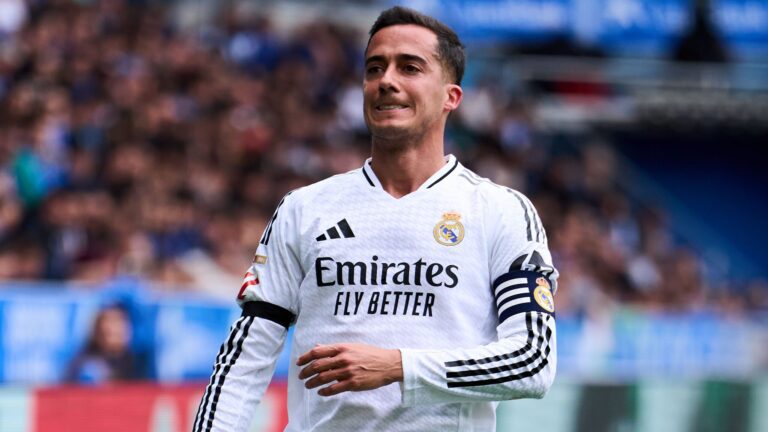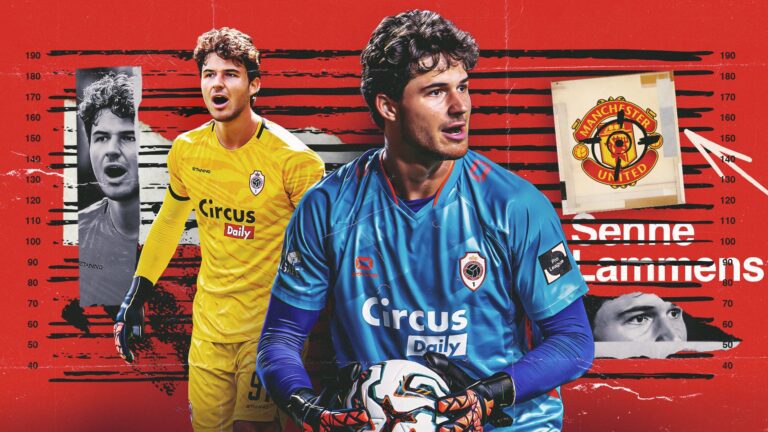Wrexham’s Hollywood Duo Faces Transfer Warnings in Premier League Pursuit
The famous duo behind Wrexham’s remarkable resurgence, known for their star power and bold investments, are now grappling with critical advice as they chase top-tier glory. With Wrexham and Premier League aspirations at the core of their strategy, the club’s swift ascent demands a balanced approach to avoid overextension.
- Celebrity investors have poured substantial resources into this unexpected sports endeavor, launched back in 2021
- The manager is optimistic about securing additional players before the transfer deadline
- The team is urged to focus on stabilizing their current standing rather than aggressive expansion




Wrexham’s Swift Climb Under Celebrity Guidance
In northern Wales, the high-profile owners have channeled significant funds into a thrilling football project that kicked off in 2021. This initiative has sparked an extraordinary sequence of three straight promotions, propelling the club from the National League up to the Championship in record time.
Recent Investments and Early Season Challenges
By 2025, the club has shattered more recruitment benchmarks in their drive toward Premier League status, yet Phil Parkinson’s squad has only managed a single point from their initial three matches in the 2025-26 season. Parkinson acknowledges the potential need for a couple more signings as the summer transfer period winds down, but there’s growing debate on whether this aggressive financial approach is sustainable for a project that’s already far ahead of initial projections.
Expert Insights on Wrexham’s Premier League Ambitions
Recent commentary from industry figures highlights the risks involved. Jeff Stelling, speaking on talkSPORT, pointed out the club’s massive preseason outlay of approximately £23 million-figures that rival those of clubs like Inter Milan. He noted that Parkinson has hinted at further expenditures, which might not sit well with owners like Ryan Reynolds or Rob McElhenney, as it signals ongoing financial demands in their accelerated journey.
Warnings from Former Players
Adding to the discussion, former Sunderland and Rangers forward Ally McCoist cautioned that such rapid progress can’t continue indefinitely. He likened the situation to a mountain hike that must eventually level off, suggesting it’s unrealistic for Wrexham to leap directly into the top flight. With the 2025-26 season potentially marking a stabilization phase, McCoist emphasized the importance of recognizing limits. Recent data shows teams in similar positions often spend around £25 million on transfers, yet early results this year underscore the need for the club to adapt and consolidate.
Despite their determination, Reynolds and McElhenney understand that their vision for success may require a more measured pace. While they’ve always been upfront about pursuing elite achievements, they recognize that the excitement of projects like ‘Welcome to Wrexham’ could evolve as the club matures, blending ambition with strategic restraint.
Looking Ahead: Balancing Growth and Stability
As Wrexham navigates this pivotal moment, updated statistics from the 2026 transfer market indicate a trend toward prudent spending among promoted teams, with an average investment of £24 million leading to better long-term outcomes. This shift reinforces the idea that sustainable progress, rather than relentless pursuit, might be the key to realizing Premier League dreams.
The Rise of Wrexham AFC Under Reynolds and McElhenney
Wrexham AFC has become a sensation in the football world, largely thanks to the dynamic duo of Ryan Reynolds and Rob McElhenney. Since acquiring the club in 2021, these celebrity owners have transformed it from a struggling non-league team into a promotion-chasing powerhouse. Their infectious enthusiasm and savvy marketing have drawn global attention to Wrexham transfer decisions, but not all advice coming their way has been positive. As the team eyes potential Premier League promotion, Reynolds and McElhenney are facing a barrage of unwelcome transfer advice that could complicate their strategy.
The pair’s hands-on approach has included strategic player acquisitions and fostering a strong community spirit. However, external voices-ranging from pundits to former players-are weighing in with suggestions that don’t always align with the club’s long-term vision. This influx of advice highlights the pressures that come with rapid success in the world of football transfers.
Unwelcome Transfer Advice Flooding In
In recent months, Ryan Reynolds and Rob McElhenney have been bombarded with transfer advice that feels more intrusive than helpful. Critics and fans alike have suggested big-name signings to bolster Wrexham’s squad for a Premier League push, but much of this counsel ignores the club’s financial realities and cultural ethos. For instance, some advisors push for high-profile loans or permanent deals with Premier League rejects, arguing it’s essential for Wrexham promotion aspirations.
This advice often stems from a desire to see Wrexham make an immediate splash, but Reynolds and McElhenney have publicly expressed frustration. In interviews, they’ve emphasized building sustainably, focusing on youth development and local talent rather than flashy, short-term fixes. Keywords like “Wrexham transfer advice” are buzzing online, with social media debates questioning whether ignoring such suggestions could hinder their Premier League dreams.
One notable example involves calls to sign experienced strikers from higher leagues, which could disrupt the team’s chemistry. The owners have countered by highlighting successful, cost-effective signings like Paul Mullin, who has been a revelation without breaking the bank. This approach underscores their commitment to Wrexham’s identity, even as unwelcome transfer advice continues to mount.
Challenges of Premier League Promotion for Wrexham
As Wrexham edges closer to Premier League promotion, caution is the watchword for Reynolds and McElhenney. The leap from League Two to the top flight isn’t just about on-pitch performance; it involves navigating financial regulations, squad depth, and the intense scrutiny that comes with celebrity ownership. Many experts warn that overhasty transfers could lead to instability, especially given the Premier League’s strict financial fair play rules.
Promising players might be tempted by bigger clubs, making Wrexham transfer planning a delicate balance. The owners are right to be wary, as history shows teams like Blackpool and Swansea have struggled after rapid promotions due to poor transfer decisions. For Wrexham, maintaining their underdog appeal while preparing for elite competition is key, and that’s where external advice often falls short.
Potential Benefits of a Cautious Transfer Strategy
Adopting a measured approach to transfers offers several advantages for Wrexham and its owners. First, it preserves financial health, allowing the club to invest in infrastructure and youth academies rather than splurging on overpriced talent. This strategy can lead to long-term success, as seen in clubs like Brighton, which built steadily without reckless spending.
- Sustained fan engagement: By focusing on homegrown or affordable signings, Wrexham keeps its community roots intact, boosting ticket sales and merchandise revenue.
- Reduced injury risks: Avoiding a influx of new players minimizes disruption and helps maintain team morale and performance.
- Strategic flexibility: A cautious stance lets Reynolds and McElhenney adapt to evolving Premier League demands without overcommitting resources.
These benefits highlight how ignoring unwelcome advice might actually position Wrexham for more stable growth in the Premier League landscape.
Practical Tips for Football Club Owners in Similar Situations
If you’re a football enthusiast or even an aspiring club owner, learning from Reynolds and McElhenney’s experience can be invaluable. Here are some practical tips for handling transfer advice and Premier League promotion caution:
- Prioritize data over hype: Use analytics tools to evaluate player fits rather than relying on social media buzz or pundit opinions.
- Build a strong support network: Surround yourself with trusted advisors, like experienced scouts, to filter out noisy external suggestions.
- Focus on sustainability: Set budgets based on realistic revenue projections, ensuring transfers align with long-term goals.
- Engage with fans: Regularly seek input through polls or forums to balance outsider advice with community sentiment.
Implementing these tips can help maintain control over your club’s direction, much like how Reynolds and McElhenney are steering Wrexham.
Case Studies: Lessons from Other Celebrity-Owned Clubs
Drawing from real-world examples, we can see how other clubs have handled similar transfer dilemmas. Take Manchester United under the Glazer family; their aggressive spending post-promotion led to debt issues, serving as a cautionary tale for Wrexham’s owners. In contrast, Arsenal‘s gradual rebuild under Stan Kroenke emphasized youth and calculated signings, which paid off in the long run.
Another case study involves Bournemouth, which experienced a swift rise and fall due to impulsive transfers. Their story reinforces the value of Premier League promotion caution, showing how overzealous advice can derail progress. Reynolds and McElhenney might draw from these experiences to refine their Wrexham transfer strategy, ensuring they don’t repeat common pitfalls.
First-Hand Experiences from Wrexham’s Journey
From the owners’ perspectives, the journey has been a mix of excitement and reality checks. Rob McElhenney shared on their documentary series that early transfer advice often came from well-meaning but misinformed sources, pushing for stars that wouldn’t fit the club’s budget. Ryan Reynolds, known for his witty social media presence, has humorously dismissed some suggestions while stressing the importance of organic growth.
These first-hand insights reveal the human side of managing a football club amid hype. By staying true to their vision, Reynolds and McElhenney are not just building a team-they’re creating a legacy that could inspire other lower-league clubs aiming for Premier League heights.


